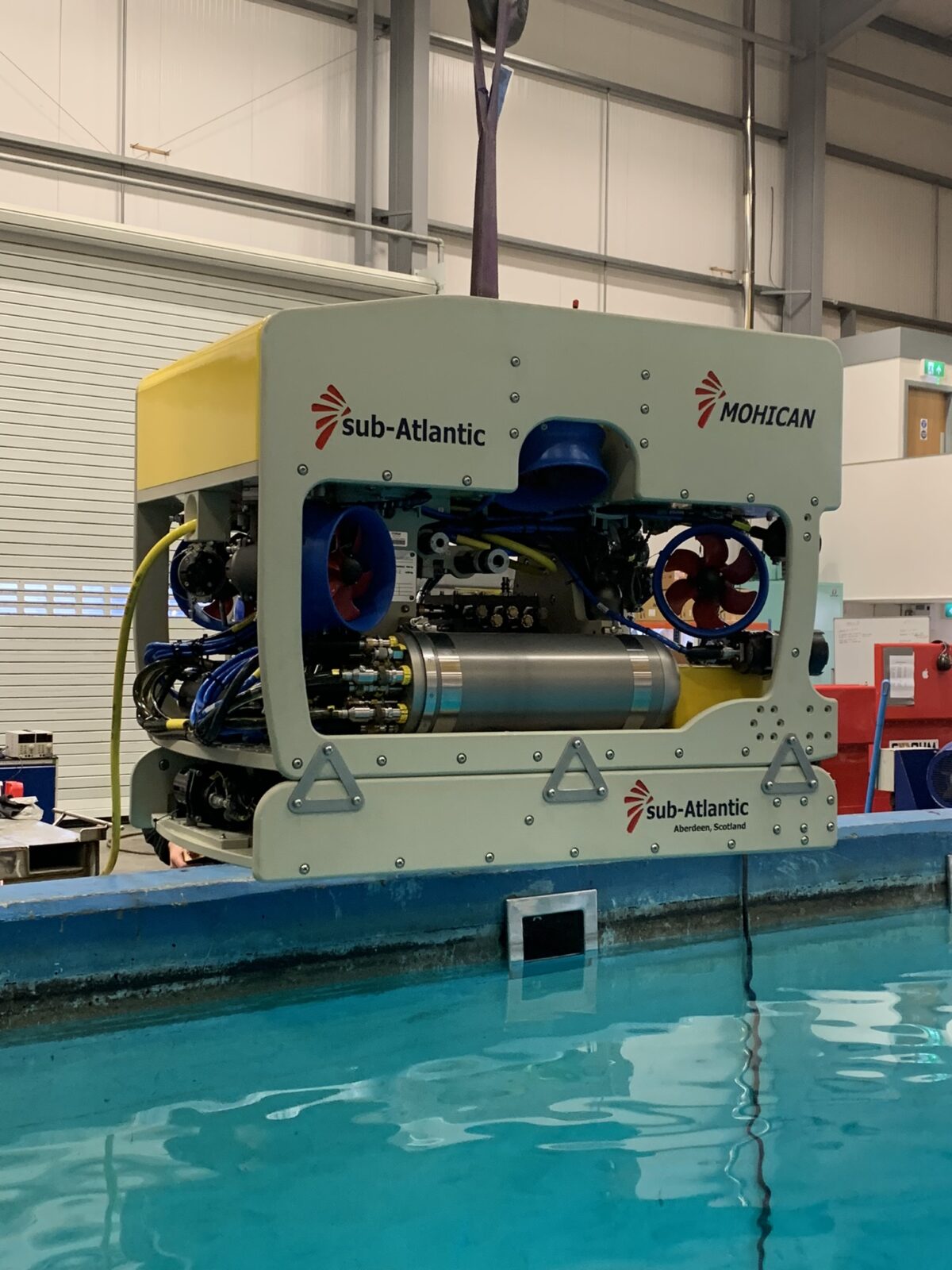Humans stand on two feet for a reason: To walk, to run, and to hike. In Ohio, getaways like Mohican State Park will unfold before you while the fresh, earthy aroma of Rhododendron Cove’s undergrowth fills the air — the trees in Old Man’s Cave and Cedar Falls can show you the way. Here are fourteen locations with scenic views steeped in Ohio pride that deserve to be discovered. From expert to novice hikers, we selected trails for every skill level. Lace on your hiking boots and get ready for these memorable hikes in the Buckeye State!
Old Man’s Cave and Cedar Falls
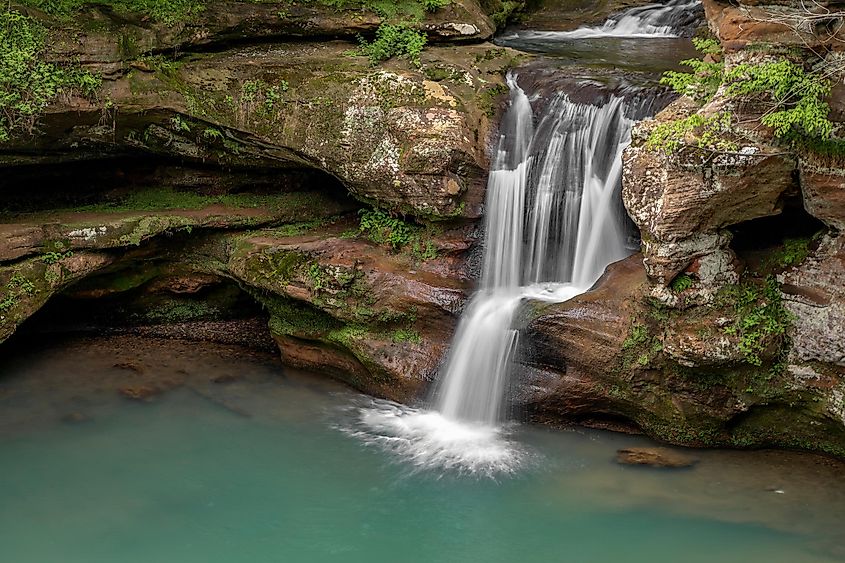 The Upper Falls at Old Man’s Cave
The Upper Falls at Old Man’s Cave
Hocking Hills State Park is one of the most popular parks in the state for a reason. You can follow many paths, so choosing each trail can be challenging. However, we recommend a charming loop from Old Man’s Cave to Cedar Falls and back. This 6-mile loop will bring you through to the Upper Falls, then the gorge valley, passing the Lower Falls and Queer Creek. Following the trail, you can look for blue blaze marks around Grandma Gatewood Trail, where you will encounter recess caves, seasonal waterfalls, and slump blocks before reaching Cedar Falls. At this point, you can choose between going up to the parking lot to find facilities to stop for a picnic on the tables or descending via the Gorge Overlook Trail, leading to Rose Lake and back to Old Man’s Cave. For a more extended adventure, explore the new trails to Whispering Cave by following the Hemlock Bridge Trail, adding 1.2 miles to your hike.
Blackhand Gorge State Nature Preserve
Continue reading
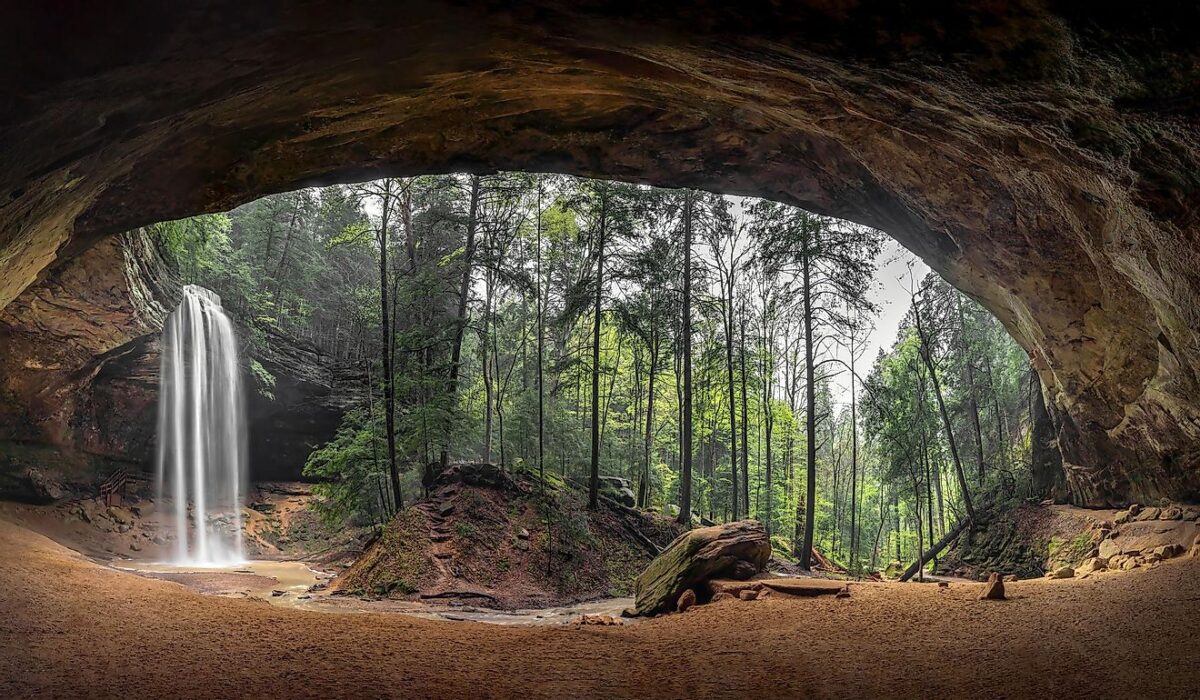
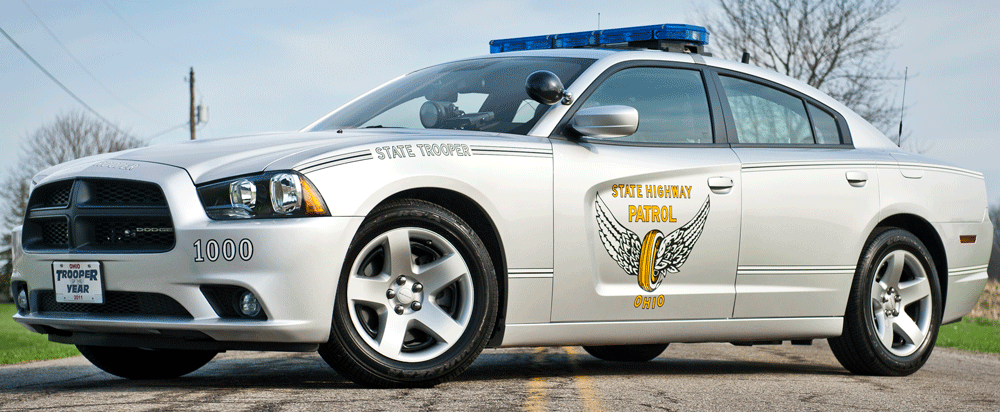
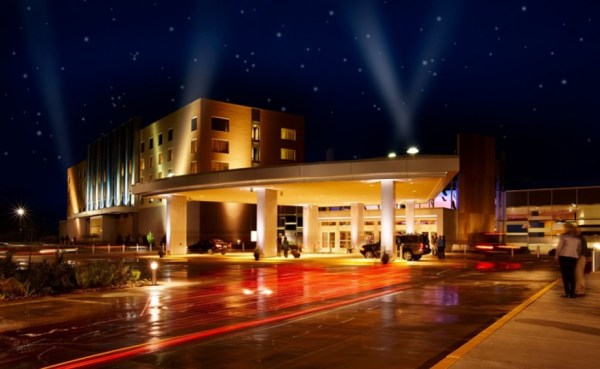
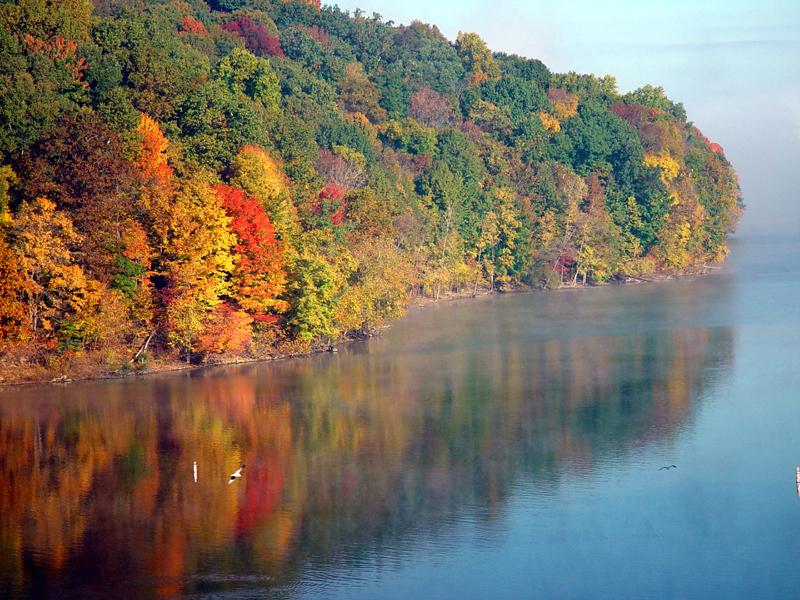
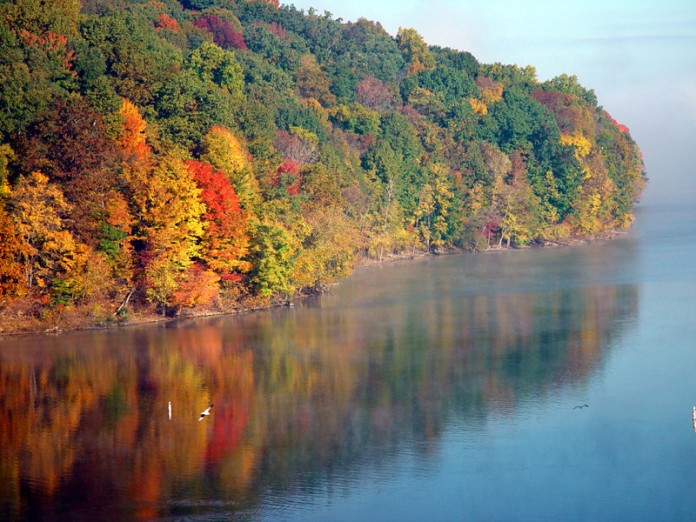
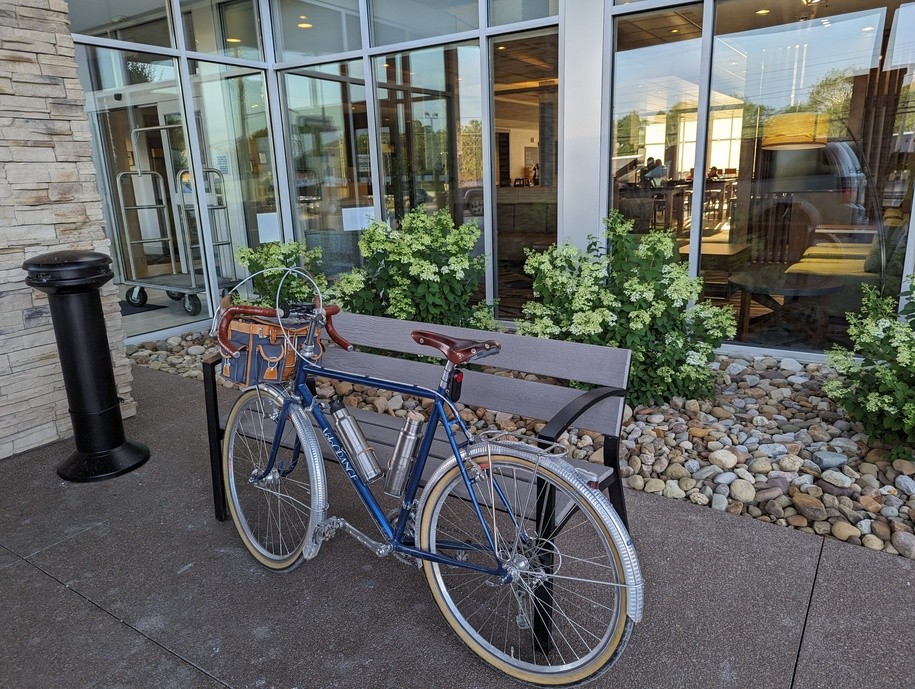
 You share the Holmes County Trail with Amish buggies. Watch out for horse by-product.
You share the Holmes County Trail with Amish buggies. Watch out for horse by-product. 
 Out on the road. Fortunately not many cars this time of morning.
Out on the road. Fortunately not many cars this time of morning.  On the Mohican Valley Trail. I can imagine the workers had to blast through the rock…
On the Mohican Valley Trail. I can imagine the workers had to blast through the rock…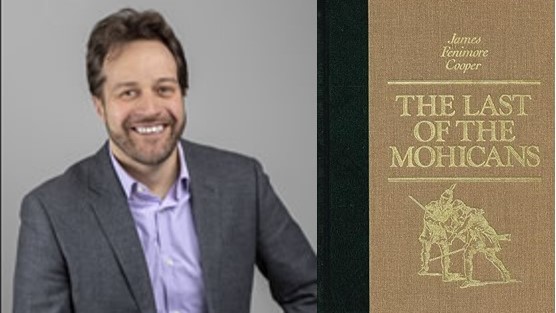
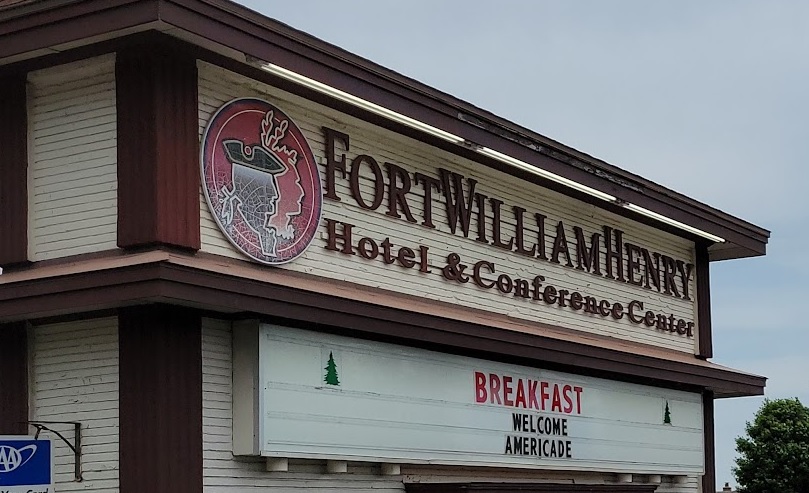
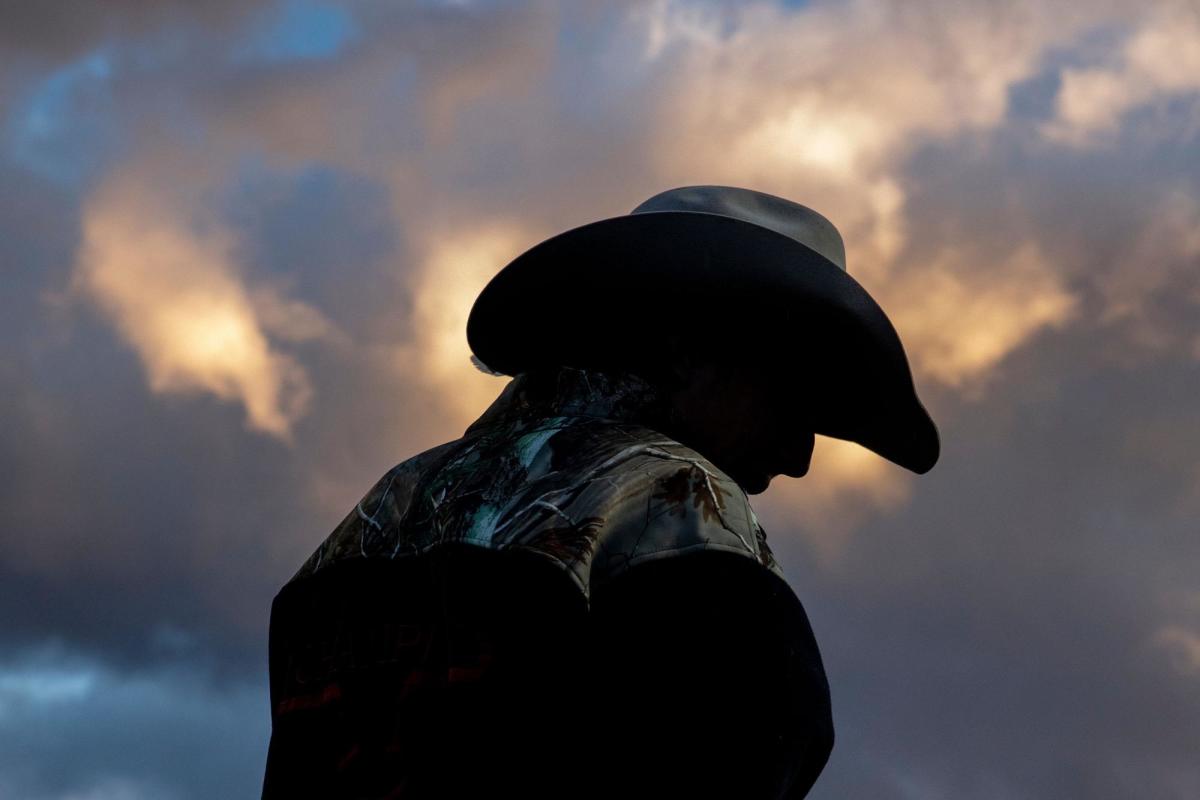


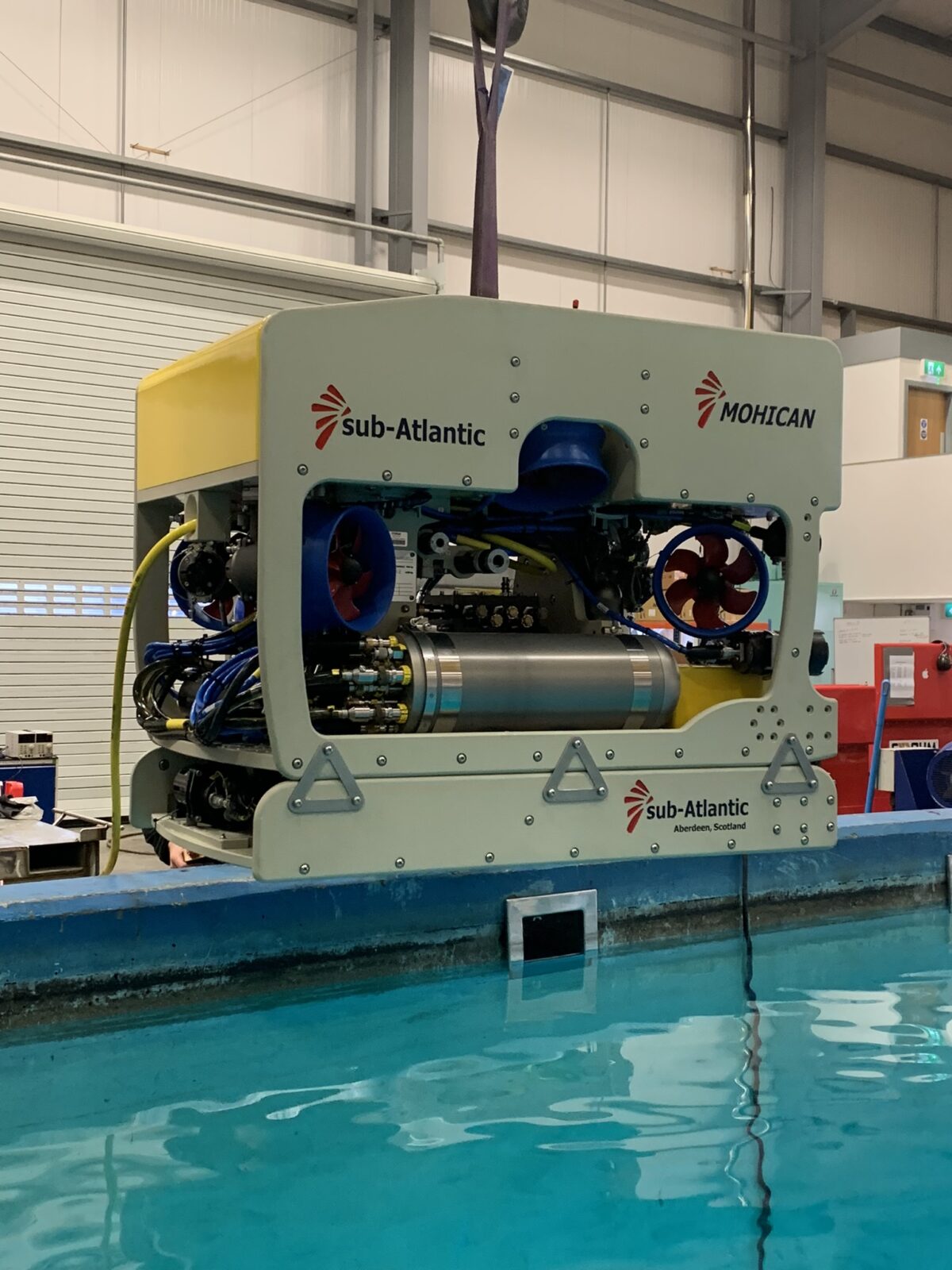
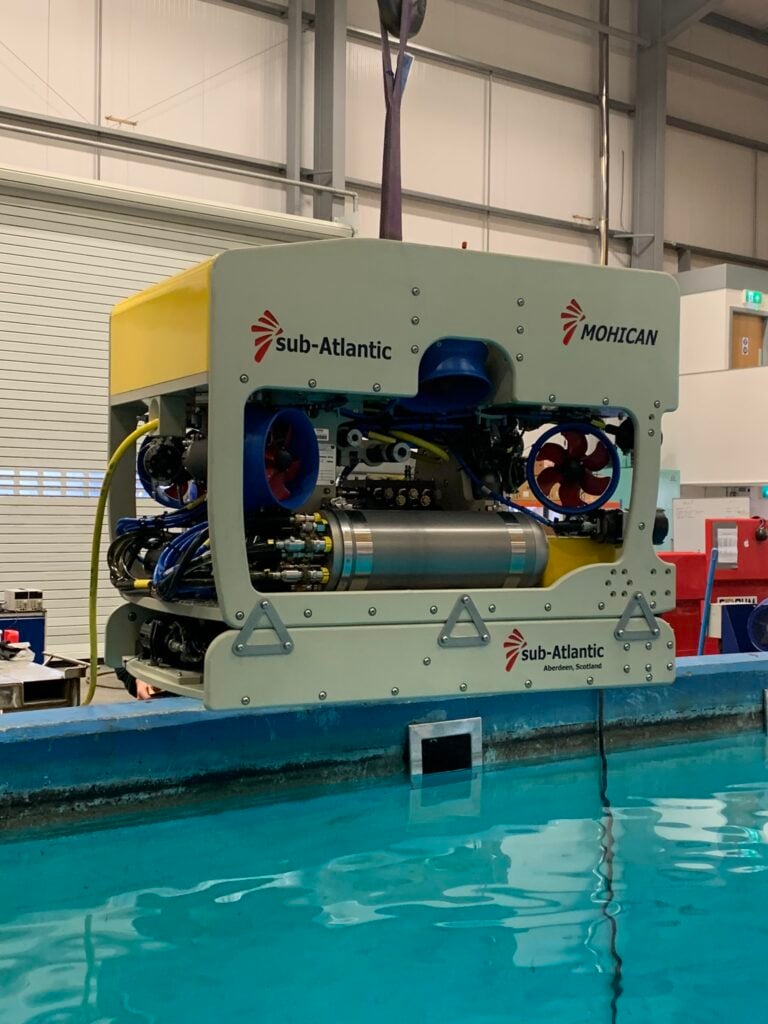 Source: FET
Source: FET 